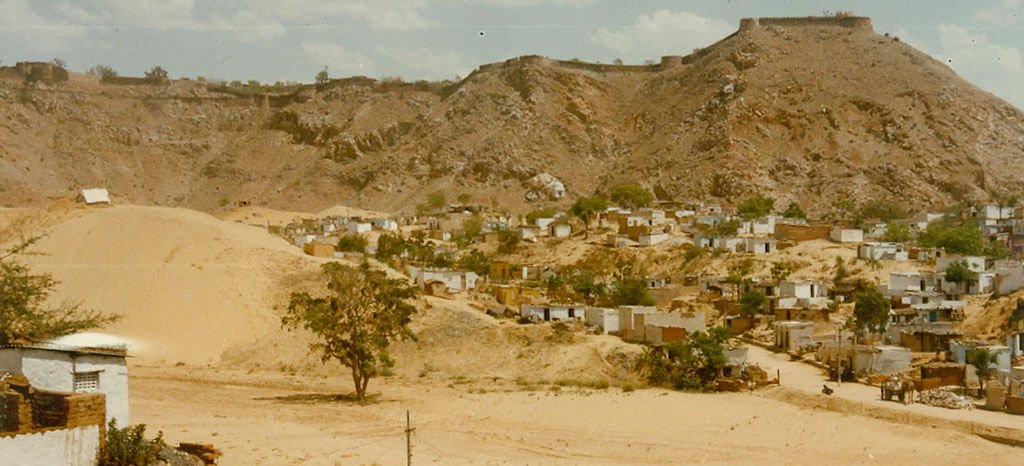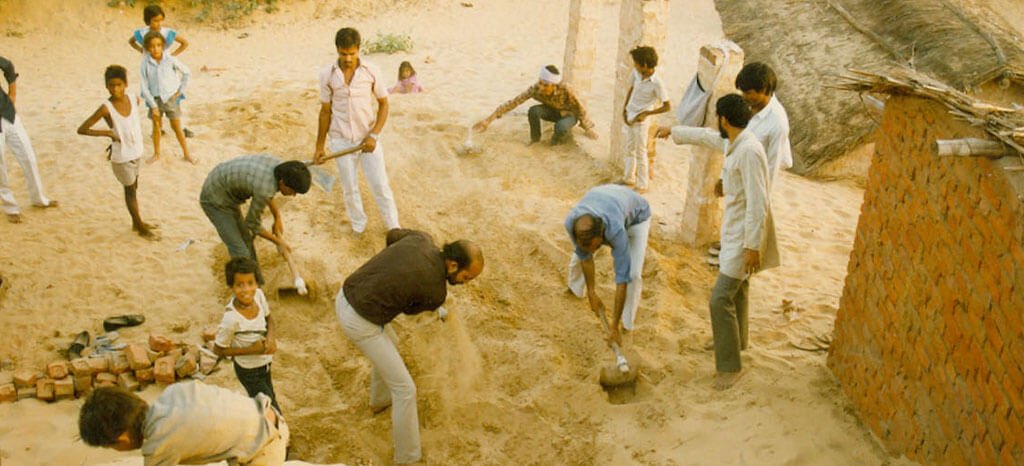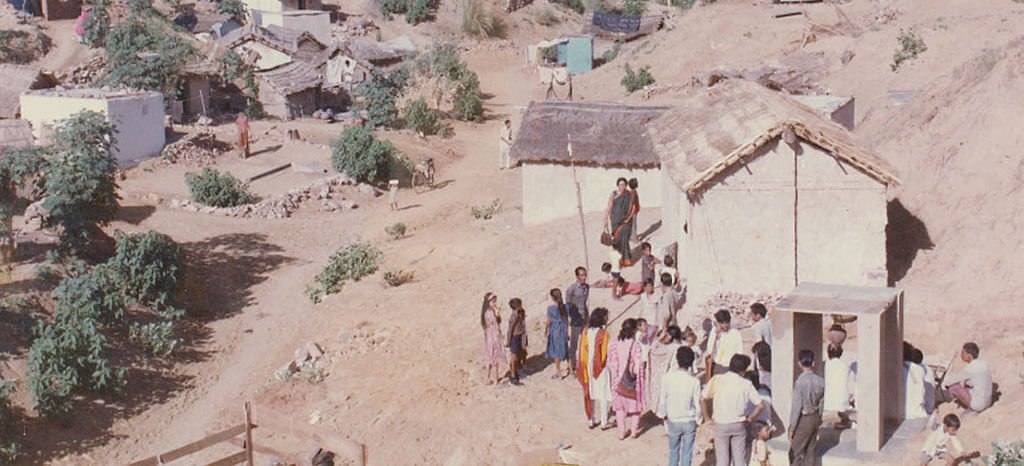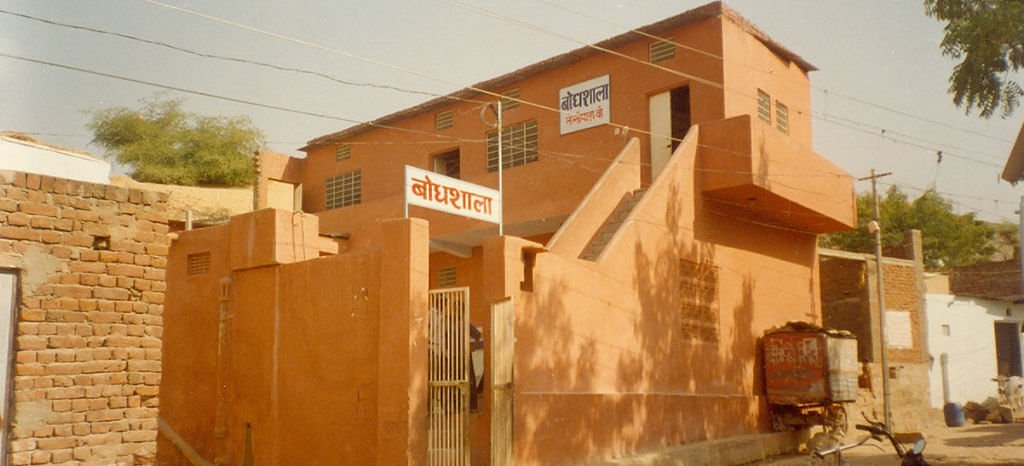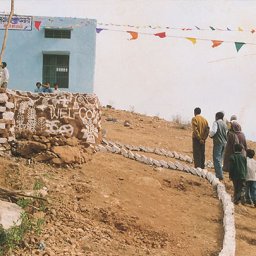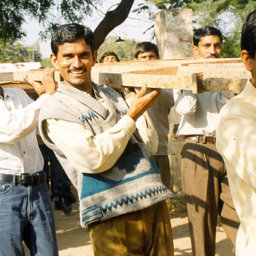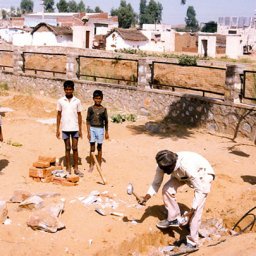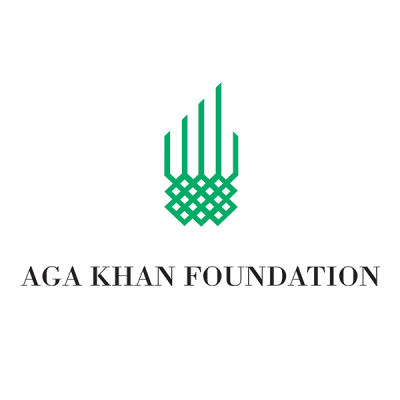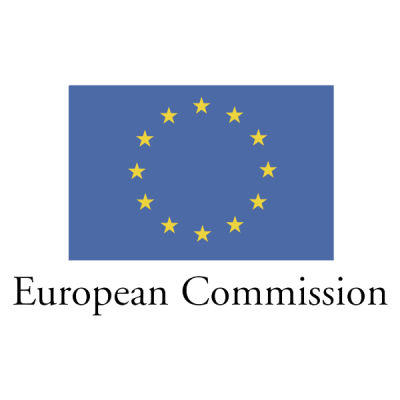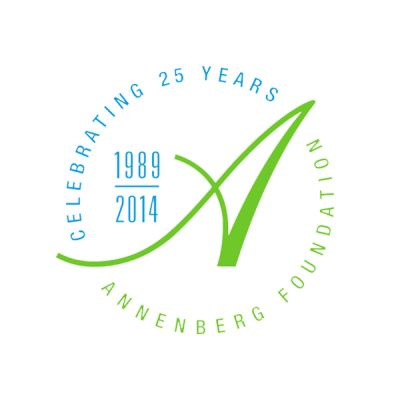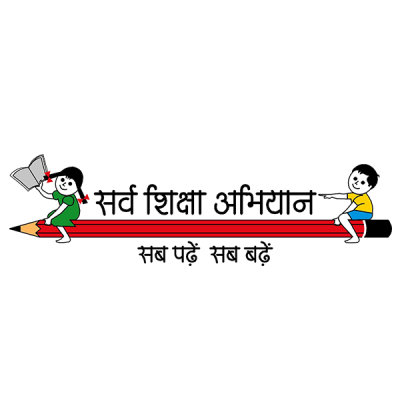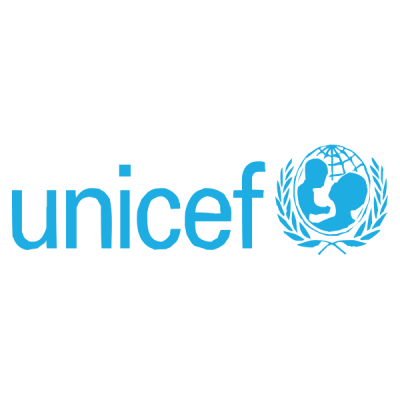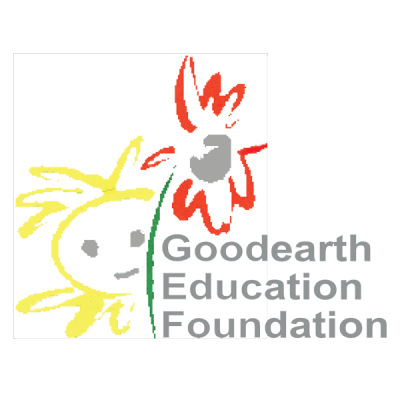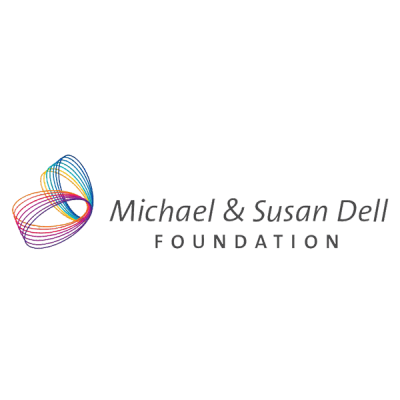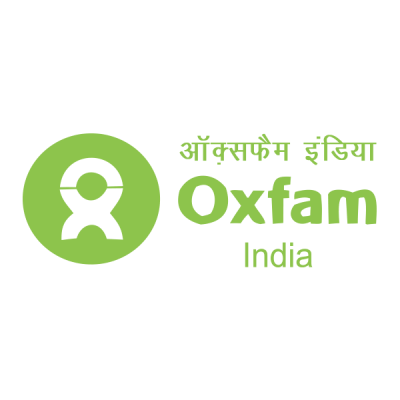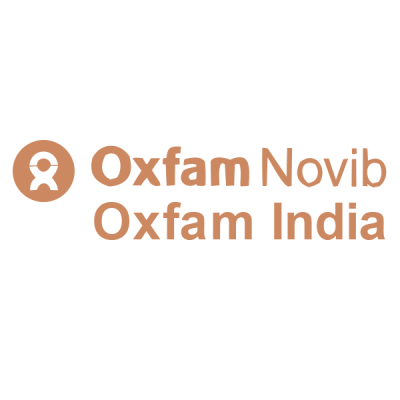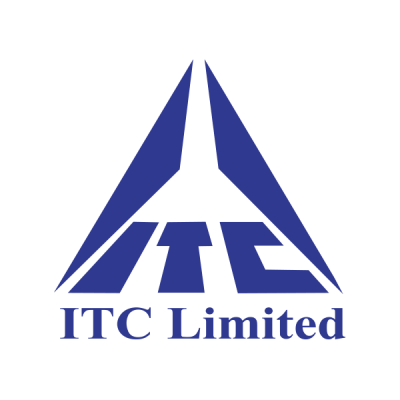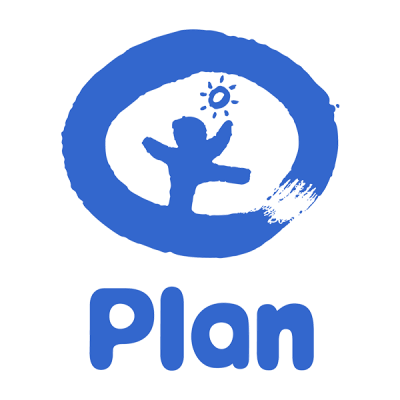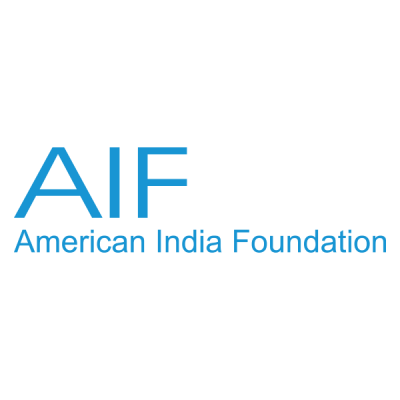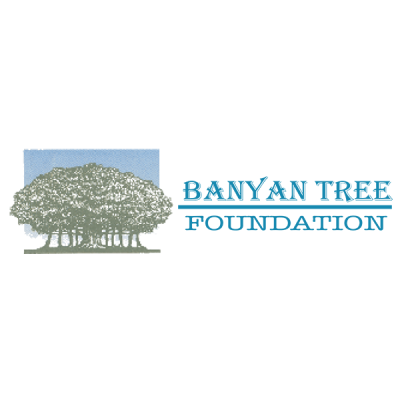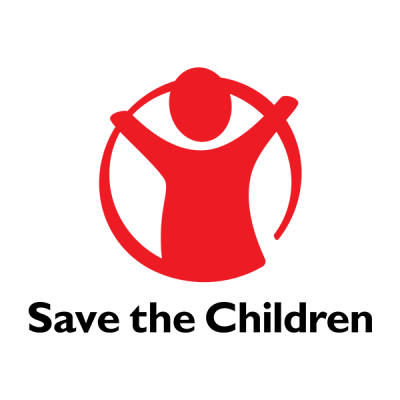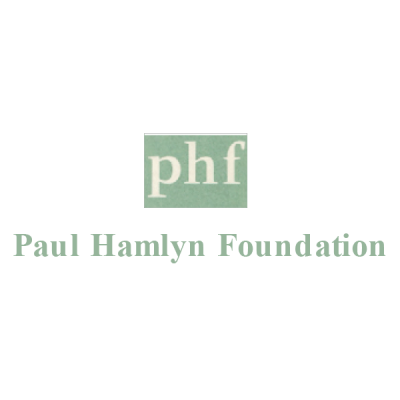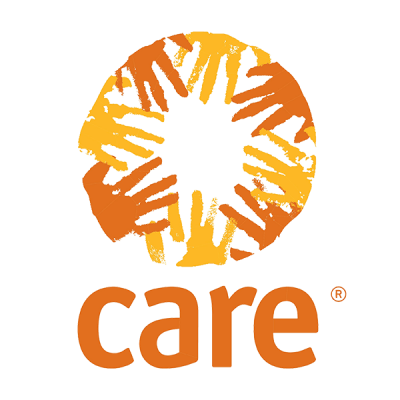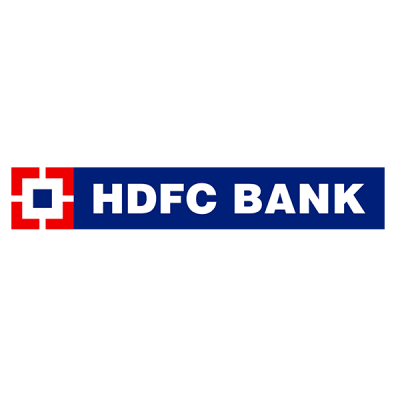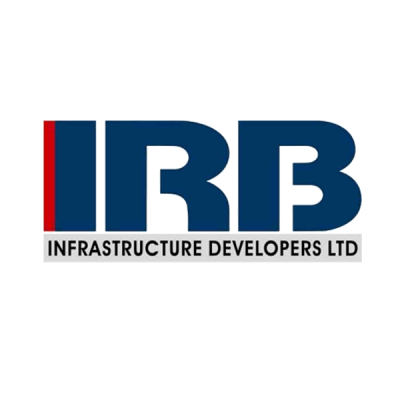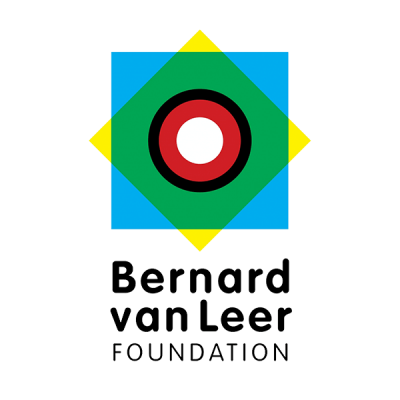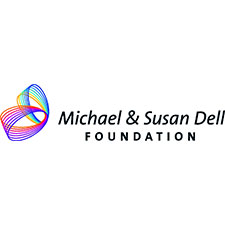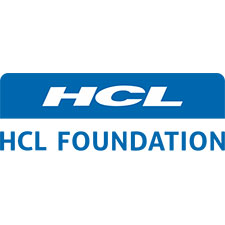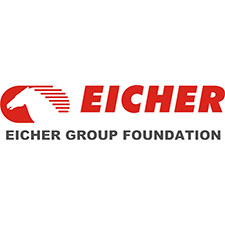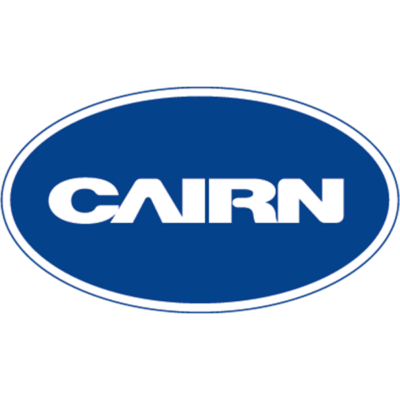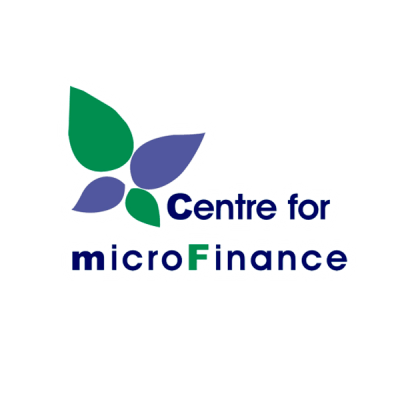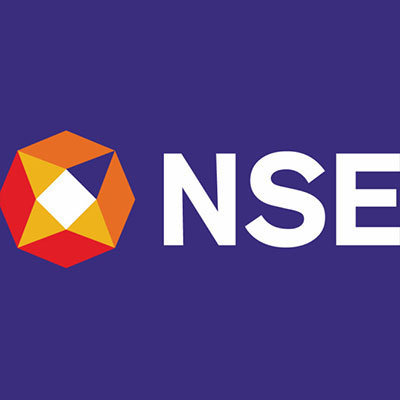Bodh Shiksha Samiti (hereafter referred to as Bodh) evolved from experiences of collective action that helped establish a community school or Bodhshala in Jaipur (Rajasthan, India). The school, initiated in 1987, was the result of a unique partnership between the Gokulpuri urban slum community and a group of likeminded men and women. The Bodhshala reaffirmed the group’s belief that quality education was an inalienable right and that deprived communities possessed the strength to translate this vision into reality for their children. This belief has continued to shape all institutional efforts.
Today, Bodh is recognised as a pioneer in the field of education for the urban deprived with growing expertise in the rural domain as well. It has also gained the stature of a resource agency for providing training and other support focusing on aspects such as child-centered pedagogy, and curriculum community involvement in education, etc. Its key strength lies in its emphasis on learning from varied community settings and classrooms. This process of learning is aided by its network of Bodhshalas (urban and rural), the innovative Manas Ganga Schools (Senior Secondary Residential Girls School, Pre and Primary School) and the work with the government schools.
Overall, Bodh is engaged in programme implementation (in urban slums and rural habitations), evolving and refining teaching-learning processes, professional development, and other stakeholder training, research and documentation, networking and policy advocacy. It reaches out to more than 26,000 deprived children (urban and rural) through its Bodhshalas and government schools in Jaipur and Alwar districts, Rajasthan, India. It has touched the lives of many more children through partnerships with likeminded NGOs and agencies across the country.
All this has been possible through the collective efforts of many stakeholders. These include communities, local self-governments (rural and urban), the Government at central and state levels, teachers, programme partners, academic experts and institutions, countless supportive individuals and many other bodies/agencies. Above all, the active participation and interest of children have lent a special (and continuous), sense of vibrancy, joy, and fulfillment.
Bodh believes that the present system of education has some fundamental problems in both structure and practice. Bodh work present itself as an alternative to the existing mainstream idea and practice of differentiated quality and standards of education for children with different backgrounds.
It stands with the common community school system for all that is lead, managed and owned by parents, communities, teachers and children collectives. Schools, for Bodh, are community institutions and should be sites social learning.
Bodh is and further intends to be, one of the many voices for the UNREALIZED DREAM OF DEMOCRACY in EDUCATION. By this, it means-
- Similar quality of education, through the same kinds of schools, for all the children, irrespective of their backgrounds.
- No discrimination nor dilution in the aims of education set for children, the learning experiences provided and resources made available.
- Schools should be responsive to the socio-emotional needs of the children and communities and should be accountable and empowered to ensure the success of all children.
- Schools should propagate the development of scientific, humane, social and rational outlook.
- Teachers should act as change agents in the communities.
- Education processes should understand, appreciate and respond to each child’s needs and context.
- Education should be holistic, integrated and should balance academic, socio-economical, aesthetic, physical and vocational aspects.
- Schools should evolve as community lead accountable institutions.
In 1987, an urban slum community in Gokulpuri in Jaipur (Rajasthan, India) came together to create a school for its children. A small group of dedicated men and women, with varied personal and professional backgrounds, acted as a catalyst in the process.
The community school (or Bodhshala as it was called) helped strengthen their desire to work towards ensuring deprived children access to equitable quality education and fostering community ownership for education related processes and systems. Bodh Shiksha Samiti (hereafter referred to as Bodh) as a nonprofit, non-government organization was born.
In the last 30 years, Bodh has reached out to more than 9 million children through its network of Bodhshalas, partnership with government to strengthen public schools and partnerships with other civil society organizations. Overall, Bodh is involved in developing curriculum and appropriate materials for the education of the deprived, direct practice by means of schools, teacher education, research and documentation, networking and policy advocacy. Over last 25 years, Bodh has supported more than 120 organizations across the country.
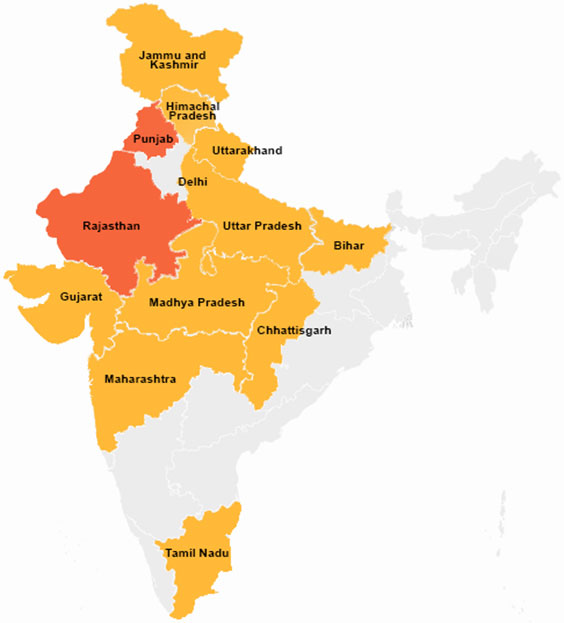
States where we are currently working:
- Punjab
- Rajasthan
States where we have worked in the past:
- Jammu and Kashmir
- Uttarakhand
- Delhi
- Uttar Pradesh
- Bihar
- Madhya Pradesh
- Maharashtra
- Gujarat
- Tamil Nadu
- Chhattisgarh
- Himachal Pradesh
Bodh works with the aim to present itself as an alternate to the existing mainstream idea and practice of differentiated quality and standards of education for children with different backgrounds.
We would like to acknowledge the invaluable support of our key partners (2009-2010)


